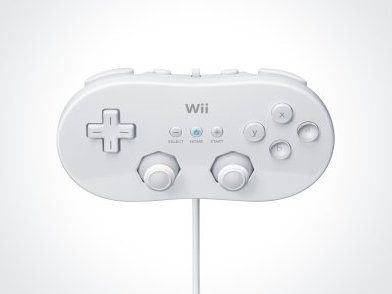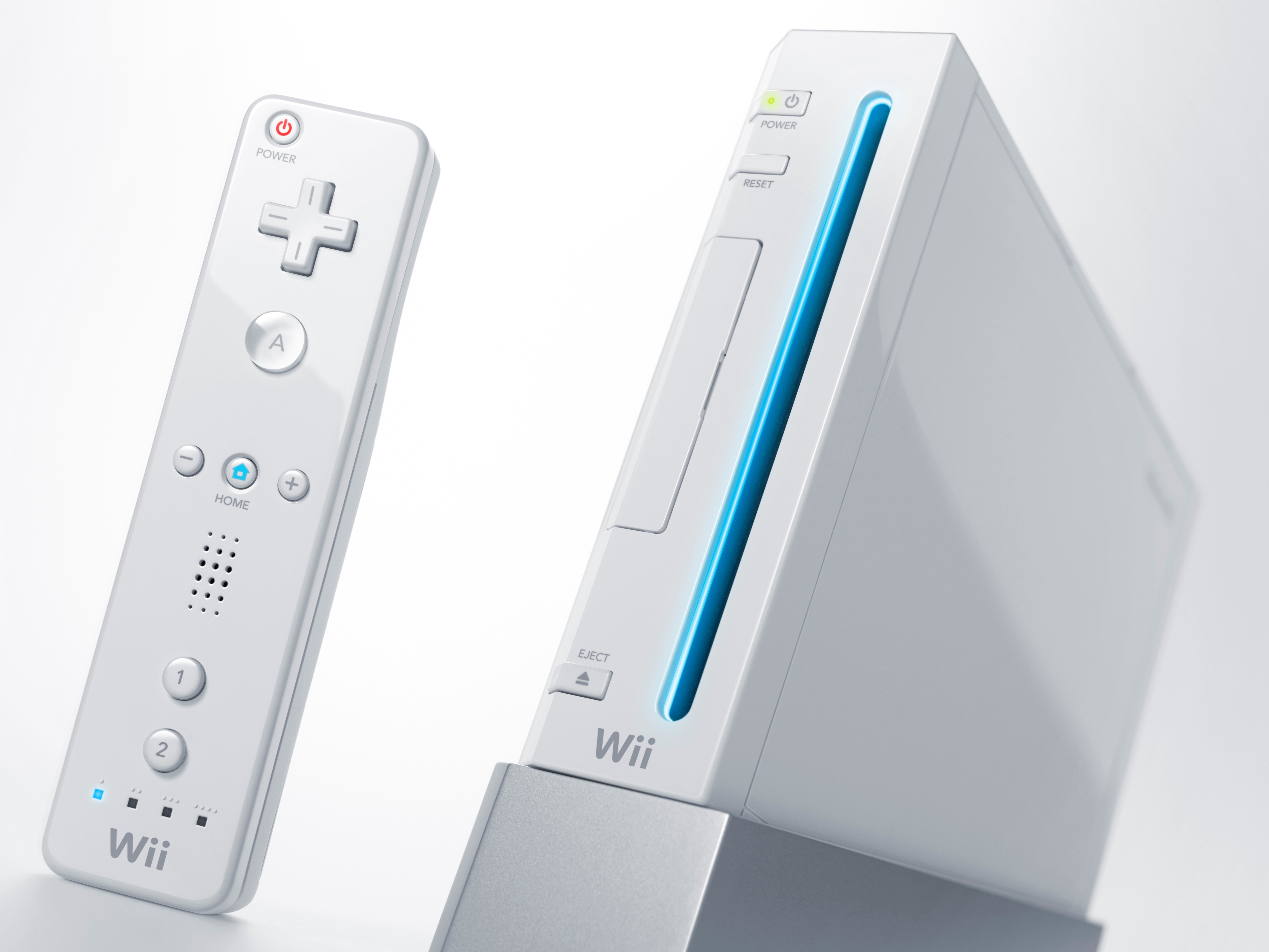Nintendo may struggle to play a Project Cafe ace
Lightning doesn't strike twice

All eyes will be on the Nintendo conference at this year's E3 as it shows off the successor to the Wii – but the next generation console, codenamed Project Café, faces an uphill battle before it is even announced.
For many with a Wii, its impact waned after a few years of parties playing Wii Sports. For many more it was after Wii Fit warned us about our failings one too many times and the Wii Fit board was shoved in a cupboard.
But now its successor is aiming to make us forget all of that, and splash the cash on a whole new Nintendo console with a few more gimmicks and better graphics, and that is a tough, tough ask.
Given the blockbusting success of the Wii, it's easy to forget just how Nintendo were being perceived by the general public just before the Japanese giant brought motion control to the masses and redefined family gaming.
With Sony's PlayStation brand dominant, and Microsoft's Xbox becoming a huge challenger for the throne, Nintendo was increasingly being seen as a handheld specialist – with the wonderful DS ensuring that Nintendo would not be evaporating from gamers' minds entirely.
And then, as the company has managed several times over the years, they came up with an idea so immediately brilliant that the Wii became a massive, and deserved, hit.
Thoroughbred
Sign up for breaking news, reviews, opinion, top tech deals, and more.
Suddenly what everyone thought was a two-horse race was joined by a new thoroughbred, and it was party gaming rather than stalwart Mario that was jockeying it up the inside.
Sony and Microsoft realised that they had missed a trick by concentrating on core gamers and began the work on Move and Kinect, and Nintendo sat back and watched the money rain in.
But, there was a flaw in Nintendo's strategy. By focusing on playability rather than graphics and parties and families rather than gamers, Nintendo found that people were not buying as many games for their Wii as you would expect. This figure – known as an attach rate – was far lower than the more gamer focused PS3 and Xbox 360.
So, when Kinect and Move arrived, Nintendo was left with a much loved console that was, nevertheless, showing the cracks, and was being beaten even on its motion control by its rivals.
Obviously it was time for a new console and the Wii 2, or Project Café as it has been termed, is going to be shown this week. But can Nintendo really make lightning strike twice?
Convincing?
Can Project Café convince a generation of Wii fans to update? Will it show those people whose Wii gathers dust between family parties, or since Dad bought a Kinect for his Xbox that it's worth investing in?
The Wii turned gaming on its head by moving away from traditional controllers, but is there enough novelty about Project Café to do that again?
Make no mistake about it, Nintendo are good at novelty; the Wii Fit board sold in the millions, and the autostereoscopic Nintendo 3DS made headlines across the world, although some suggest sales have been more sluggish than expected.

So, although Sony will be hoping to make waves with its already-unveiled NGP, the burden of expectation on Nintendo's Wii successor is far, far higher.
Better graphics are a given, a touchscreen controller seems likely and lessons on motion control accuracy are going to have been learned and used in the new offering.
But, it's going to have to be something pretty special to even approach the impact of the Wii, because the ace that was Mario and the ace that was motion control have been played, and Nintendo now have to convince us that their hand remains strong.

Patrick Goss is the ex-Editor in Chief of TechRadar. Patrick was a passionate and experienced journalist, and he has been lucky enough to work on some of the finest online properties on the planet, building audiences everywhere and establishing himself at the forefront of digital content. After a long stint as the boss at TechRadar, Patrick has now moved on to a role with Apple, where he is the Managing Editor for the App Store in the UK.